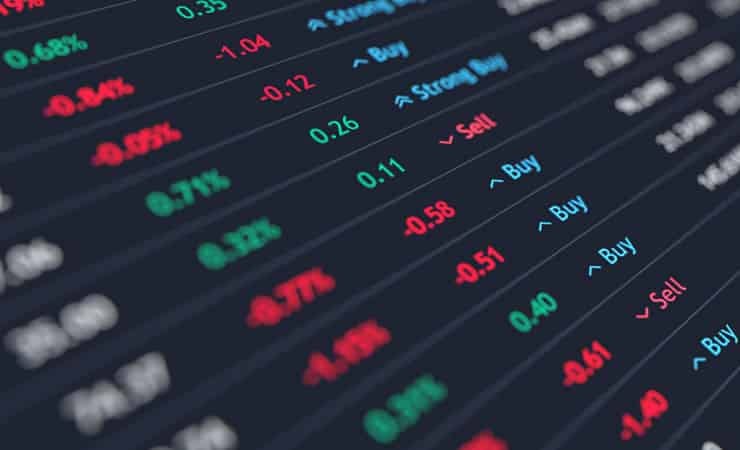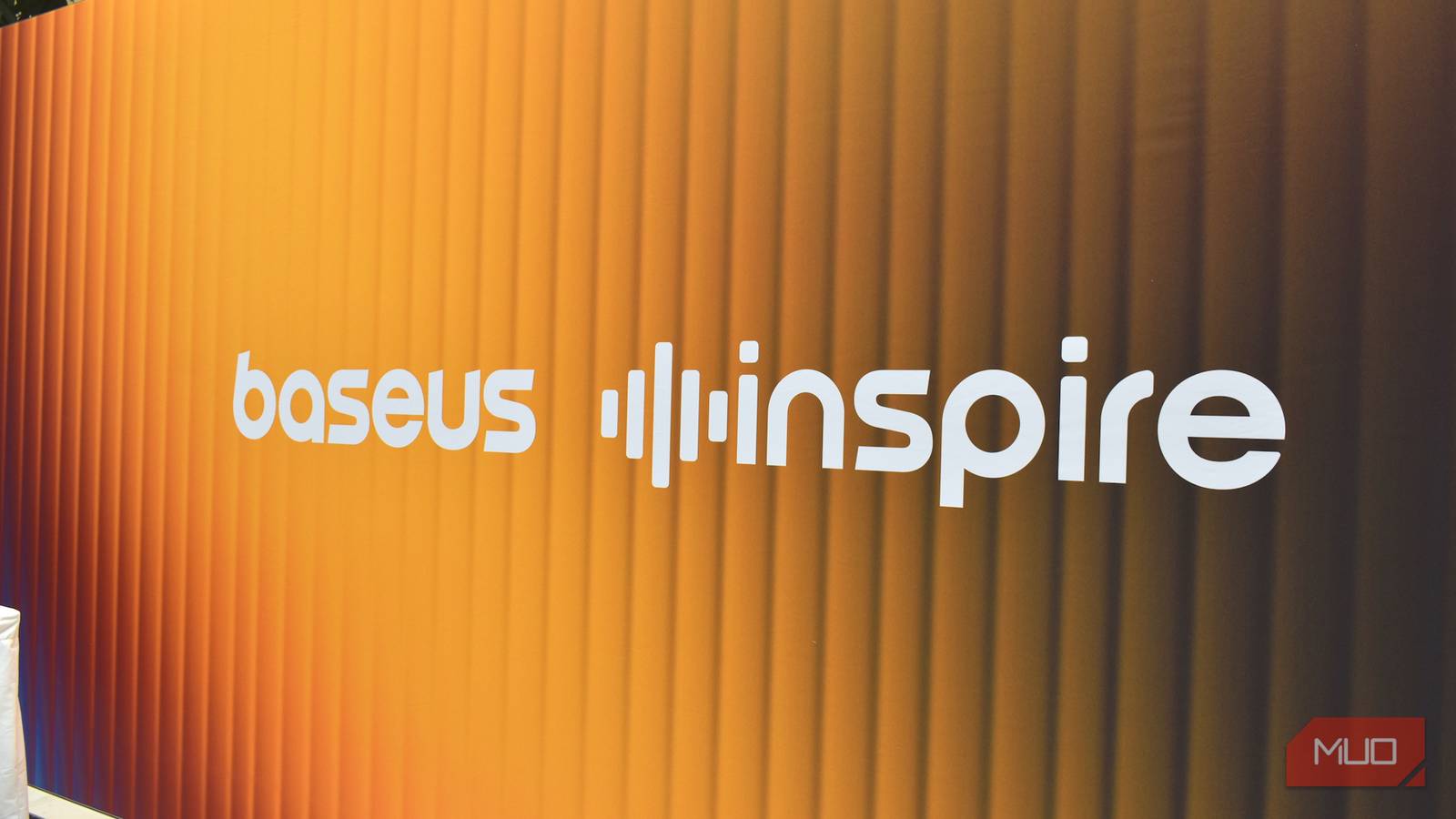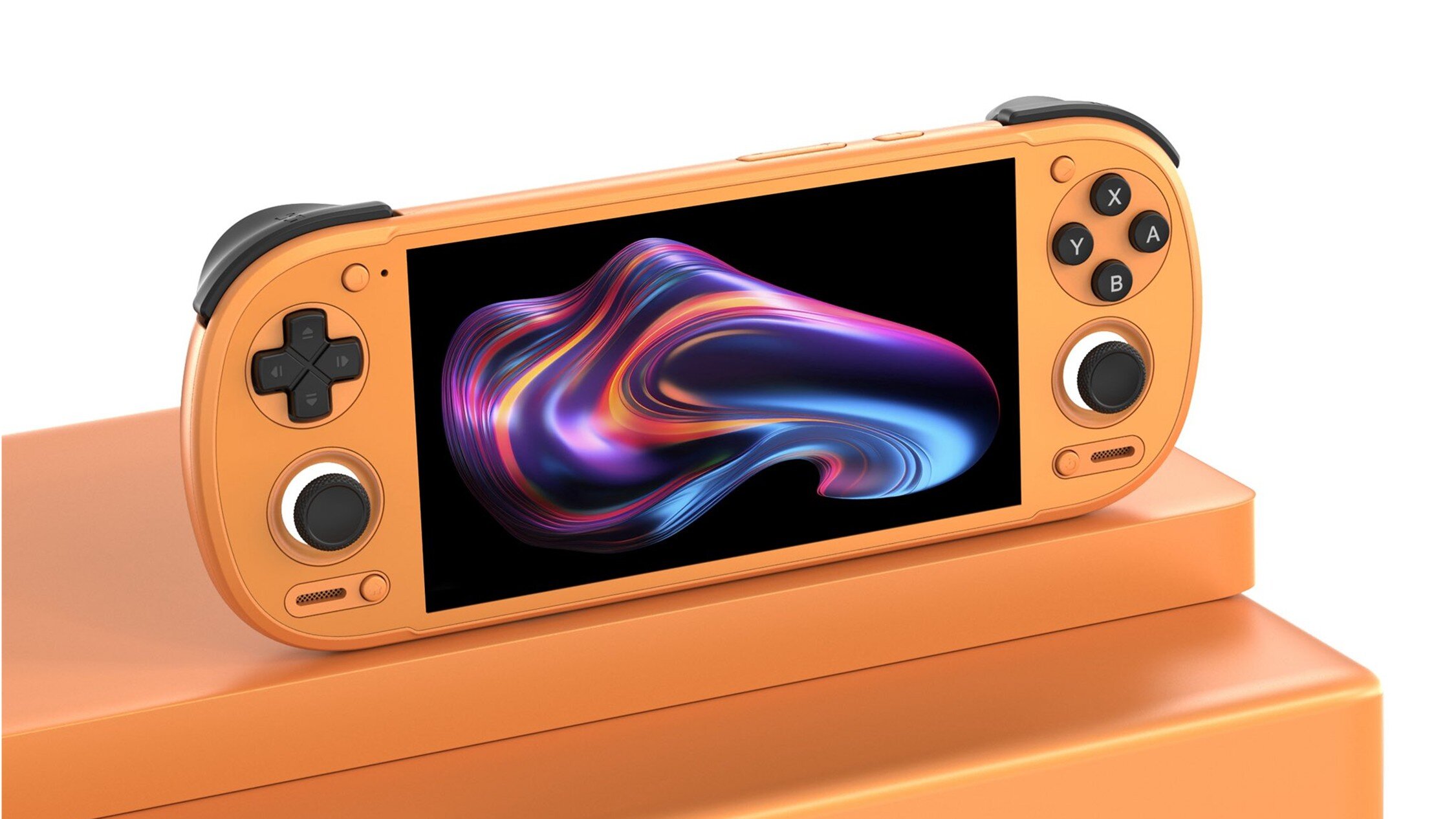A few months ago, I was chatting with a South African colleague who had just bought shares in an international company on her phone. No broker, no long forms, no significant capital, just an app and R50 ($2.79).
She explained how apps like EasyEquities and SatrixNOW make investing feel as simple as buying airtime. Another friend mentioned BROKSTOCK because of its forex and crypto options, while someone else swore by Interactive Brokers for serious international trading. It became clear that South Africans now have a wide variety of platforms to choose from.
That’s what this article is about. We’ll break things down clearly by looking at regulation, to see who is licensed and what that means for your money; fees, because “no hidden fees” doesn’t always mean free; investment options, to understand what you can actually buy on each app; and minimum deposits, so you know how much you need to get started.
Platform-by-platform review
1. EasyEquities
EasyEquities is one of the most widely used investment apps in South Africa. Through fractional shares, you can invest with virtually no minimum capital required. The app gives you access to local and global stocks, ETFs, a crypto token (EC10), property through EasyProperties, and ready-made “Baskets” for quick diversification.
Regulation and investor protection:
EasyEquities is run by First World Trader (Pty) Ltd and licenced by the Financial Sector Conduct Authority (FSCA). Fractional shares, however, are offered through Contracts for Difference (CFDs), meaning you don’t directly own the share or get voting rights; you’re simply tracking the share price.
Fees:
EasyEquities charges a 0.25% brokerage fee per trade, with a minimum charge of 1 cent (R0.01). There’s also a R25 ($1.39) monthly Thrive fee, waived for investors under 21 or over 65. Funding methods incur additional costs: Instant EFTs via Ozow incur a 1% fee, and credit card deposits incur a 2.2% fee plus R1.60. For many small investors, these costs are still lower than traditional brokers, but frequent deposits or large trades can add up.
Investment options:
This app offers the broadest range: South African and international shares, ETFs, ETNs, the EC10 crypto bundle, property via EasyProperties, unit trusts, and themed “Baskets.” It’s flexible enough for both beginners and advanced investors.
Minimum investment and accessibility:
No minimum investment. You can start with as little as R10 thanks to fractional shares.
2. SatrixNOW
SatrixNOW focuses on index-tracking funds and unit trusts. If you want a straightforward, passive strategy for long-term investing, this app is built for you. The platform only offers Satrix products.
Regulation and investor protection:
SatrixNOW is also FSCA licenced. Because it sells ETFs and unit trusts directly, you own the underlying assets and enjoy the rights that come with them, unlike CFD-based platforms. This makes it a safe, low-risk option for long-term investors.
Fees:
The platform uses a tiered annual admin fee:
- 0.50% on the first R500,000
- 0.40% on R500,000–R1 million
- 0.30% above R1 million
There are also standard transaction costs when you buy or sell. Compared to EasyEquities, fees are higher for small investors but become more cost-effective as your portfolio grows.
Investment options:
Limited to Satrix’s own ETFs and unit trusts, which have a strong track record at the South African Listed Tracker Awards (SALTA). This makes SatrixNOW a low-risk, index-driven choice, but less diverse than EasyEquities.
Minimum investment and accessibility:
No minimum required, just like EasyEquities, you can begin with any amount.
3. BROKSTOCK
BROKSTOCK is an all-in-one trading app where you can trade shares, ETFs, gold, forex, and crypto, all from a single account. With a low minimum deposit of R100 and a simple, flat commission structure, it appeals to both new and active traders.
Regulation and investor protection:
The FSCA licences BROKSTOCK as an Over-the-Counter Derivatives Provider (ODP). All trades are offered as CFDs, meaning you don’t own the assets directly. Instead, you’re speculating on price movements, which works better for short-term trading than long-term investing.
Fees:
BROKSTOCK charges a flat 0.49% per trade across all asset classes, including JSE and US shares, ETFs, metals, and crypto. They advertise no withdrawal or deposit fees, making costs more straightforward to predict compared to other apps.
Investment options:
Shares, ETFs, gold, forex, and crypto are all available; however, please note that they’re all CFDs.
Minimum investment and accessibility:
Requires a R100 minimum deposit, which is still affordable for most beginners.
4. iFX Brokers
iFX Brokers is designed for more advanced traders who want exposure to forex, commodities, indices, and crypto. It offers multiple account types: Standard, Premium, Raw, and VIP, each with different fee structures and spreads.
Regulation and investor protection:
The platform is authorised by the FSCA as an ODP. Like BROKSTOCK, it only offers CFDs, so you’re trading contracts rather than owning assets. iFX Brokers also provides protections such as segregated accounts (where your funds are kept separate from the company’s), negative balance protection, and insurance coverage.
Fees:
Costs depend on the account type:
- Spreads can start from 0 pips (which means there’s no markup between the buy and sell price) on Raw accounts but rise to 1.6 pips on Cent accounts.
- Some accounts charge a $6 commission per trade.
- Manual deposits carry a 2.5% fee, while automated methods may be cheaper.
For professionals, the VIP and Raw accounts are attractive, but beginners may find the platform expensive and complex.
Investment options:
Specialises in forex, commodities, indices, and cryptocurrencies, all via CFDs. Better for active traders than passive investors.
Minimum investment and accessibility:
Standard accounts have no minimum deposit, but Premium ($250) and VIP ($1,000) accounts raise the entry bar.
5. Interactive Brokers
Interactive Brokers isn’t South African, but many local investors eventually switch to it for global access. It offers advanced trading tools, better charting, and access to shares, ETFs, futures, and options worldwide.
Regulation and investor protection:
IBKR is heavily regulated across multiple countries and widely seen as a safe international broker. However, since it’s not based in South Africa, you don’t fall under FSCA protection.
Fees:
IBKR often has lower fees for large trades than local apps. For example, US-listed stocks and ETFs typically carry a flat commission, which can be cheaper than those offered by South African brokers. The challenge is funding: moving money internationally can cost extra due to bank charges, currency conversion fees (around 0.3%), and possible SWIFT transfer fees.
Investment options:
Access to global equities, ETFs, futures, and options makes it the most versatile for professional investors.
Minimum investment and accessibility:
There is no fixed minimum, but practical use often requires larger balances due to funding and conversion costs.
| EasyEquities | SatrixNOW | BROKSTOCK | iFX Brokers | |
| Brokerage Commission | 0.25% of transaction value | Varies by transaction | 0.49% per trade | Spreads from 0 pips + commission (e.g., USD 6 on Raw) |
| Annual Platform Fee | R25/month (Thrive fee, waived for some) | Tiered: 0.50% on first R500k, decreasing | Not applicable | Not applicable |
| Deposit Fees | 1% (Instant EFT), 2.2% + R1.60 (Card) | Not specified | 0% | Varies: 0% (Ozow), 2.5% (Wire/Manual) |
| Withdrawal Fees | R150 for cash transfer out | Not specified | 0% | Not specified, but minimum ZAR50 |
| Minimum Investment | No minimum, as low as R10 | No minimum, as low as R10 | R100 minimum deposit | No minimum for Standard; USD 250 for Premium, USD 1000 for VIP |
What South African investors are saying
To get a sense of how these platforms perform beyond marketing claims, we spoke to several South African investors about their experiences. Their responses show the trade-offs between affordability, customer service, and long-term value.
“EasyEquities was the first app I ever used. I love that I could start investing with just R50; it made the whole thing feel accessible,” said Thabo M., a software developer in Johannesburg. “But when I had an issue with a deposit, customer support took days to respond. That was frustrating. Still, for beginners like me, it’s hard to beat.”
For some, SatrixNOW inspires confidence. Lerato S., a HR manager from Cape Town, said: “I trust Satrix because they’ve been around for years and their funds win awards. I don’t mind the slightly higher fees because I know I’m owning the actual ETFs. For me, it’s a long-term wealth-building play.”
BROKSTOCK has carved out a niche among those who want more variety. “I like that I can trade shares, gold, and crypto all in one place,” said Sipho D., a retail trader in Durban. “The flat 0.49% fee is simple to understand. But I know I’m only trading CFDs, so it’s not for building long-term wealth. It’s more for short-term moves.”
Meanwhile, more experienced investors eventually set their sights beyond South Africa. “Interactive Brokers changed the game for me,” said Nomsa K., an entrepreneur in Pretoria. “It gives me access to U.S. markets directly. Yes, the app is complex, and yes, international transfers cost extra. But if you’re serious about growing, IBKR is worth the learning curve.”
Final thoughts
From these conversations, several key lessons emerge. First, regulation matters; you need to know whether you’re buying actual shares on platforms like SatrixNOW or trading CFDs on apps such as EasyEquities, BROKSTOCK, or iFX Brokers. Fees are another significant factor, since trading commissions are only part of the picture; deposit and withdrawal charges can quickly add up. User experience also makes a difference, because a low-cost app isn’t much use if poor customer service leaves you stranded. It’s also essential to match your goals: long-term investors often lean toward EasyEquities or SatrixNOW, while short-term traders may find BROKSTOCK or iFX Brokers more suitable. Finally, some South Africans use a mix of both, starting with local platforms before turning to Interactive Brokers for global diversification.


.jpg)







